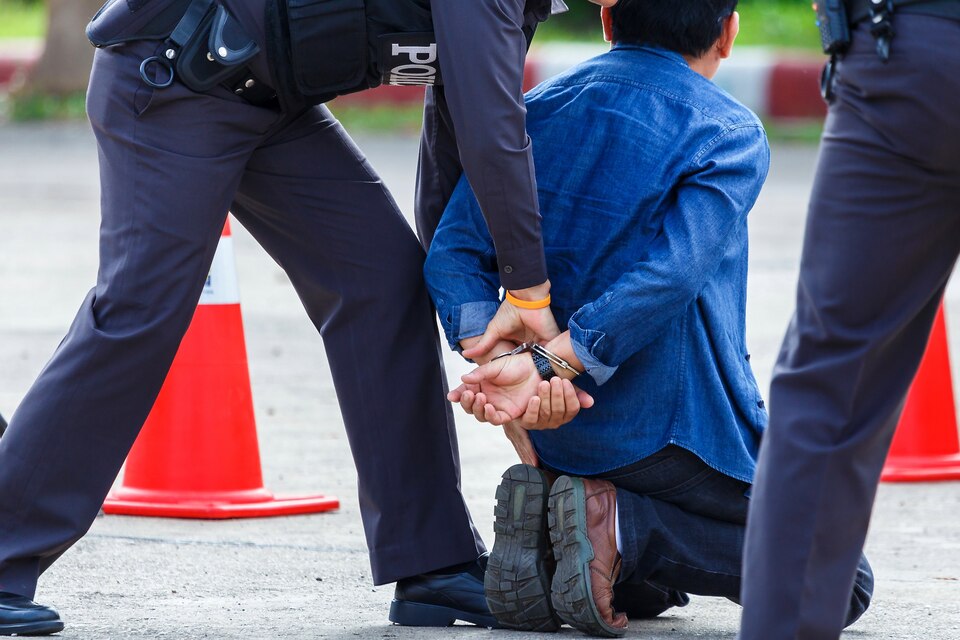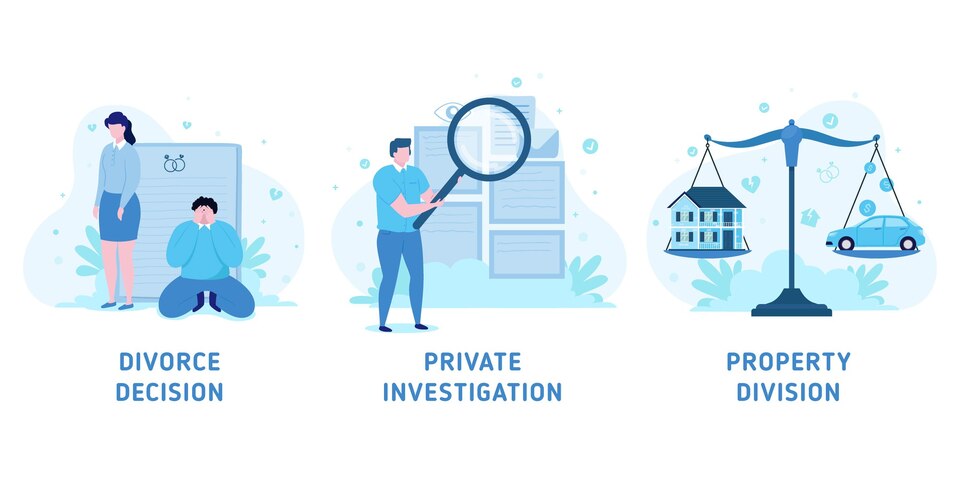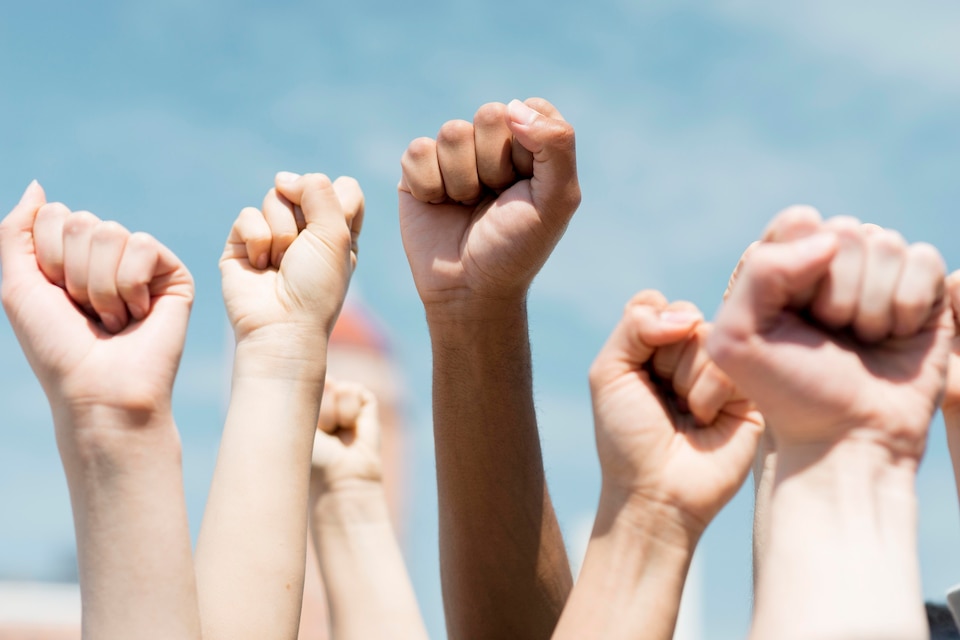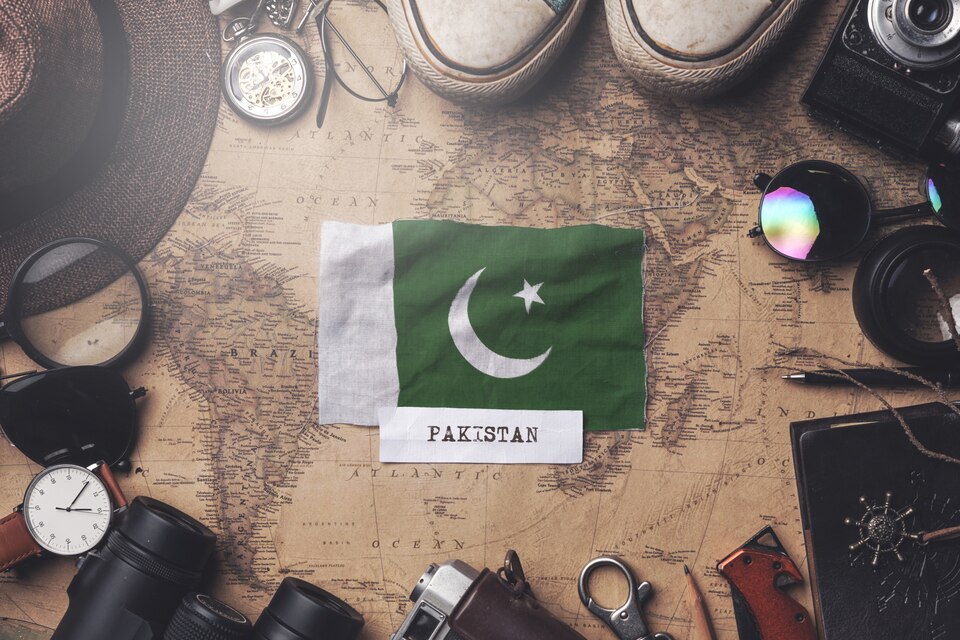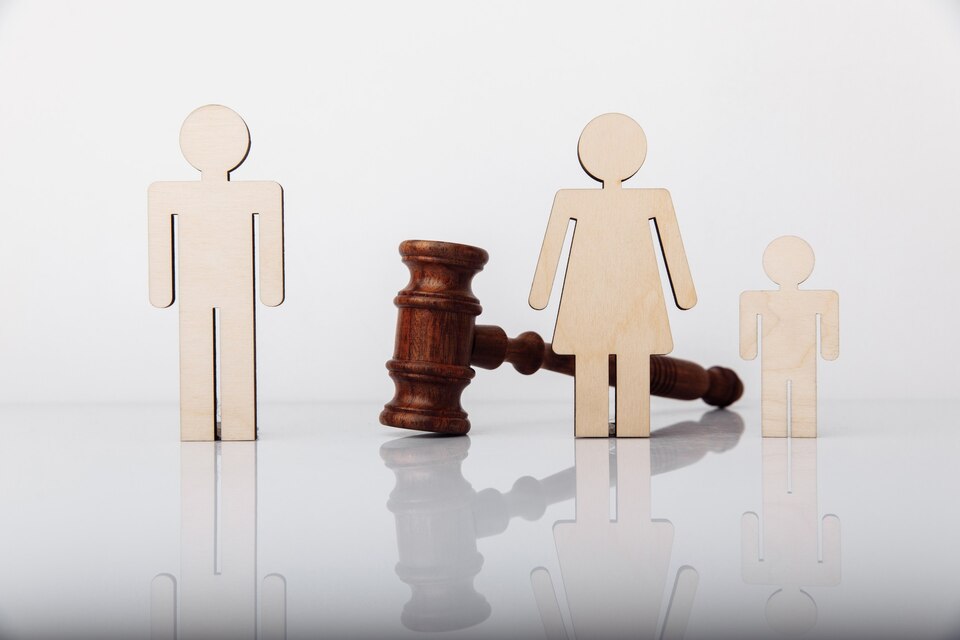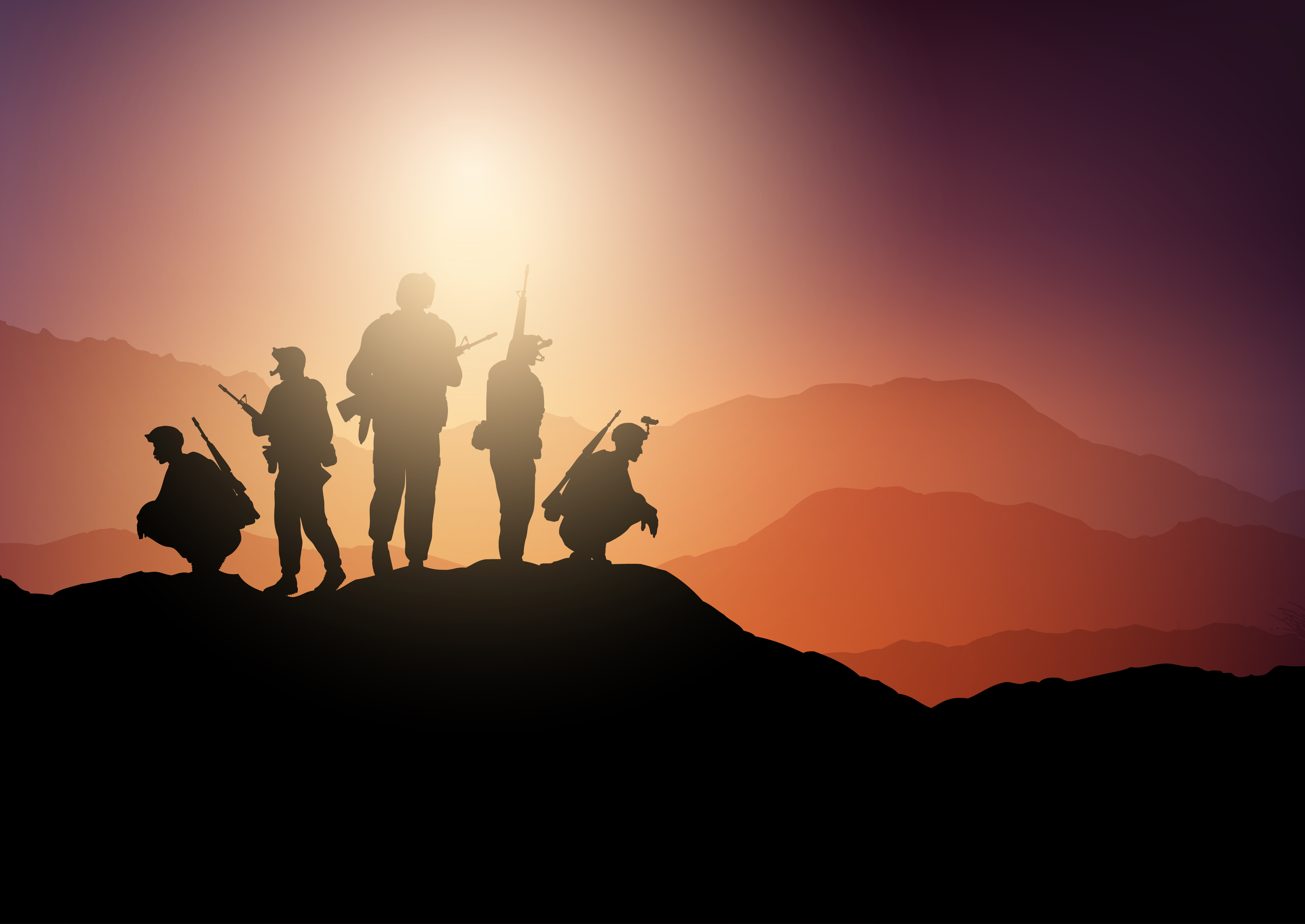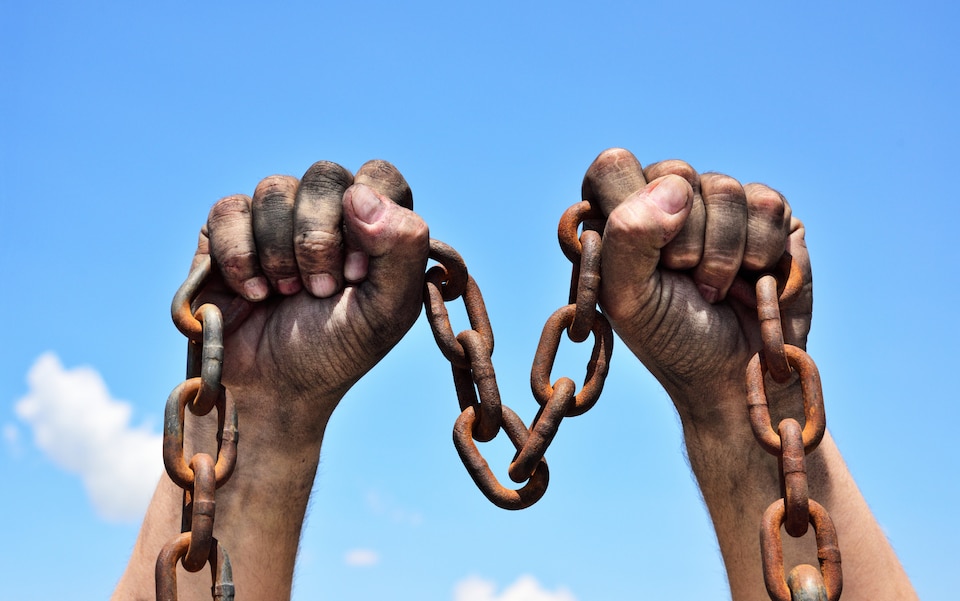 Article
ArticleFreedom From Slavery & Forced Labour – Article 11
Freedom From Slavery & Forced Labour “Freedom from Slavery and Forced Labour” is a term that emphasizes the fundamental principle of protecting individuals from the oppressive practices of slavery and forced labour. Here is a detailed explanation Liberty The term “liberty” represents the fundamental right of individuals to live without being subjected to slavery or forced labour. It means the absence of coercion, exploitation and subjugation. Slavery The term “slavery” refers to the state or practice of owning individuals as property, depriving them of their rights, and treating them as …
